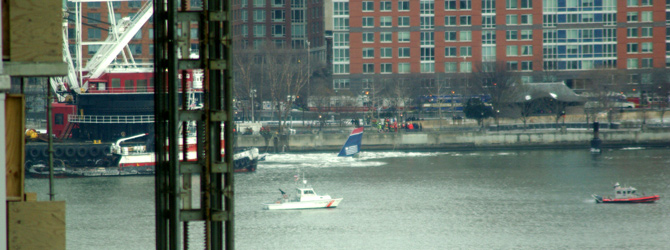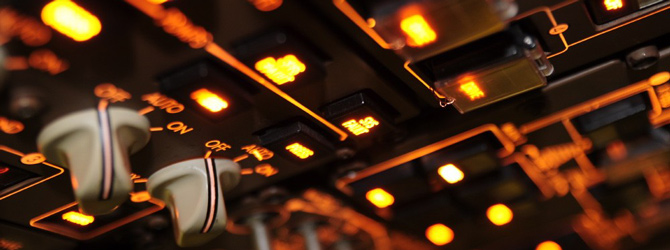
There is an old saying, “Everything is good, until it goes bad.” I’m not quite sure who said it, but I will say that they were wise beyond their years. As pilots, we are held to some of the stringiest operating standards in any industry (In FSX there is a little more leeway), we are trained to expect the worst at any moment. Of course some will go their whole careers, and never have anything catastrophic happen. I vividly remember a conversation with a former professor of mine who was a retired United Captain, in over 30 years of flying, he never experienced any cockpit emergencies, not even one. For everyone else, we can’t expect to be so lucky. So what should we do to be ready?
First Things First: Fly The Airplane
The title says it all. This is the first thing that all flight instructors will teach you. Forget the checklists, forget the flows, just focus on whatever it is you need to do to keep you and your passengers safe and the airplane flying. Many pilots have lost their lives whether they get caught up in making radio calls, or just get lost in the hype that surrounds an emergency all because they forget the simple step of flying the airplane. This is the most important aspect of handling an emergency and it is vital that you focus on the task at hand. Identify what systems aren’t working, and which systems are, and develop a course of action that you believe given the circumstances, will lead to a successful outcome and most importantly, stick with it. A good example of this was US Airways 1549. After ingesting birds into both engines, Captain Sullenberger did an exemplary job of not only flying the aircraft, but making great decisions that ultimately saved everyone’s life.
It’s All About Prioritizing
Another great step is determining the nature of your emergency. After identifying the problem, determine if it’s something that requires immediate action or not. If you are running on fumes and fuel is at a critical level, or you’ve had an engine failure, chances are you’re probably going to want to land immediately (unless you’re this guy). On the other hand, if you’re over the Atlantic and the inflight entertainment system suddenly cuts out, me thinks you’ll continue on to your destination just fine (although a failed inflight entertainment system might constitute as a major emergency to some!).
Knowledge Is Of No Value, Unless You Practice
Although we can’t predict when an engine will fail on us, or when the aircraft will depressurize, we can control one thing. We as pilots can ensure that we always are ready for any event that may present itself to us, and these days we have more resources available to us than ever before. For example, Flight Simulator. With the quality of the add-ons these days (sometimes I have to really pay attention to if it’s real or not), it’s not inconceivable to practice engine out landings to minimums or any combination of scenarios. Read up on new training techniques, read up on accidents and incidents, that small tidbit of knowledge could be the difference between you getting back to the airport, or you becoming just another statistic. I’ll leave you with the wise words of Aristotle, “For the things we have to learn before we can do them, we learn by doing them.”
This article was posted in Blog, Flight Safety, Human Factors, Real World
Please note: We reserve the right to delete comments that are snarky, offensive, or off-topic. If in doubt, read the Comments Policy.



